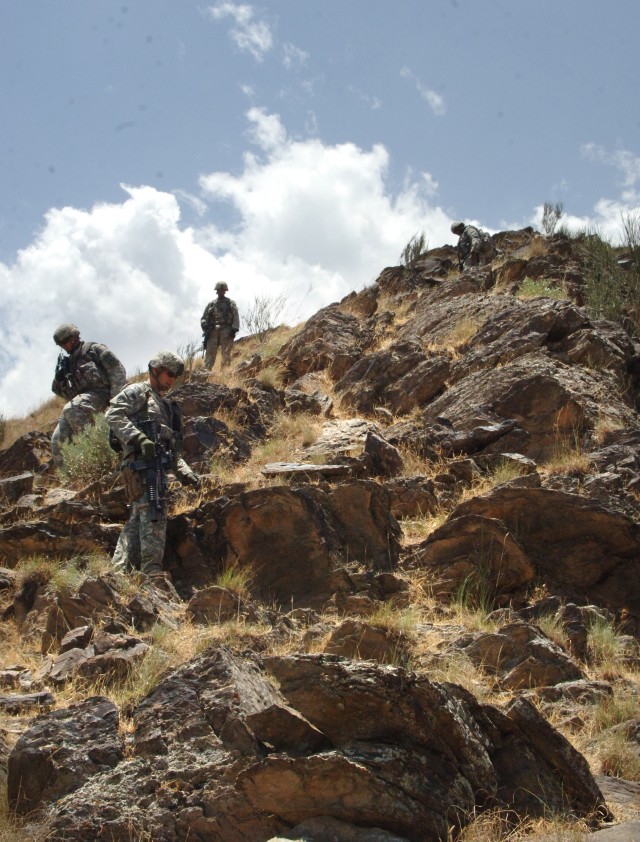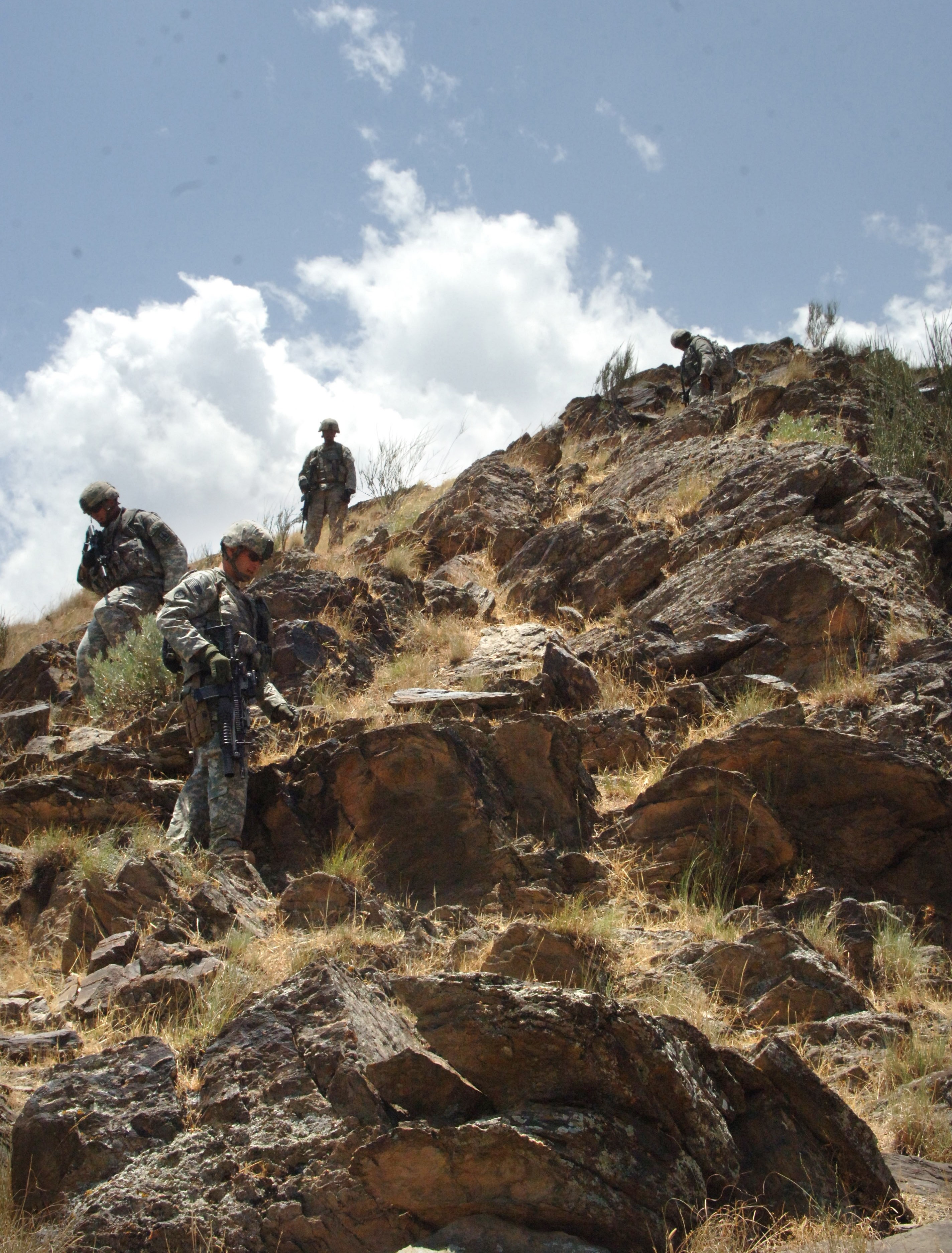KABUL, Afghanistan (American Forces Press Service, July 19, 2007) - NATO countries have still not manned the International Security Assistance Force in Afghanistan to promised levels, the commander of the force said here yesterday.
U.S. Army Gen. Dan K. McNeill said he does not have promised critical capabilities. "NATO has not manned this force to the level it said it would man it," he said.
The general said the command is short on "helicopters, maneuver troops, aeromedical evacuation, some medical, and some intelligence apparatus."
When NATO assumed control of security operations in Afghanistan, the United States provided a "bridging force" with these assets until NATO forces could arrive. Defense Secretary Robert M. Gates later extended the stay of the bridging force for six months. "We would be in a lot -- a lot -- more difficult position without the bridging force," Gen. McNeill said.
"In the meantime, there are five to seven countries that could contribute more helicopters but, to date, have not done so. We have proposed that perhaps if we are not going to get helicopters from member nations that they should put money up and we could hire local indigenous helicopters, not to move NATO Soldiers, but cargo," he said.
To an extent that is already happening with U.S. funding in Regional Command East, but the same capability is needed in Regional Command South.
In addition, the general said he is short four battalions of maneuver troops. The British have said they will place a battalion in the south by the end of the year, but this doesn't help the situation today. "We're an interim force here to be sure," he said. "We're here to buy the Afghan national security forces the space and time needed to take responsibility for their own nation."
One bedrock tenet of counterinsurgency warfare is that indigenous troops are the best forces to use, Gen. McNeill said, adding that the Afghan forces show mixed success.
"We're a long way from having an effective police force here," he said. "By my reckoning that's at least two years away."
He said the Afghan National Army is much better, but it is smaller and has to control a larger population and larger land mass than in Iraq. That is where the International Security Assistance Force comes in. Until the Afghan army grows in strength and capabilities, NATO and its allies must help secure the nation, Gen. McNeill said. He stressed that NATO nations must come through with the forces needed.
The general said national caveats that some forces work under also hamstring the international force. National governments place restrictions on how their forces can be used in Afghanistan. For example, some forces cannot be used for offensive operations. "In effect, caveats do not allow us in this headquarters to make the most efficient and effective application of the force," Gen. McNeill said.
<b>Civilian Casualty Reports Often Exaggerated</b>
In other news from Afghanistan, Gen. McNeill said reports of civilian casualties in Afghanistan often are exaggerated, and this can be due to the fog of war or because of deliberate deception to incite Afghans against NATO.
The coalition has caused civilian casualties, Gen. McNeill said. But, he added, the scale of casualties has been blown out of proportion, and the Taliban, al Qaeda and other groups are exploiting the issue by issuing false claims.
"There has been a lot of information out over the last two or three months; it's been sensationalized," Gen. McNeill said. "Some of it has been misinformation, some of it disinformation, and some of it just not accurate."
Some of the most negative reports simply result from bad information, the general said. Initial reports are often emotional and impulsive and not based on fact, the general said. "The difficulty for me is that once those get out there, nobody wants to refute it," Gen. McNeill said.
NATO forces investigate reports thoroughly. But even acting quickly, it can take hours to ascertain the facts behind incidents. During that time, reports with exaggerated numbers have flown around the world and are accepted as fact, Gen. McNeill said.
Tarring NATO is a strategy used by the Taliban and insurgent groups, he said. U.S. officials have received intelligence reports of insurgents terrorizing Afghan civilians into making false statements against NATO. "They have compelled these reports because (the insurgents) know the (information operations) value, and they know that all they have to do is get it out there and the international press will do the rest of it," Gen. McNeill said.
Insurgents are not held to the same standard that NATO or governments are held to. They make claims and do not have to back them up with verifiable facts. "The insurgent is skilled at information operations, there is no question about that," Gen. McNeill said.
NATO does nothing in Afghanistan recklessly or without due consideration of all consequences, he said. "We are very careful in our tactical operations to mitigate risk to civilians and their property," he said.
But war is not a perfect science, and civilian casualties sometimes are unavoidable. ""Will it happen again' We'll do everything we can to preclude it," he said.
The general said NATO and Afghan troops are meticulous in their targeting procedures. "I have personally refused to take some shots at insurgent leaders because I could not be certain" that there wouldn't be unacceptable civilian casualties, he said.
Certain targets in certain situations require the general's approval. "When we're going after certain kinds of (terrorist) command and control, it requires my direct intervention to make a decision. And I'm not a cowboy," he said.


Social Sharing